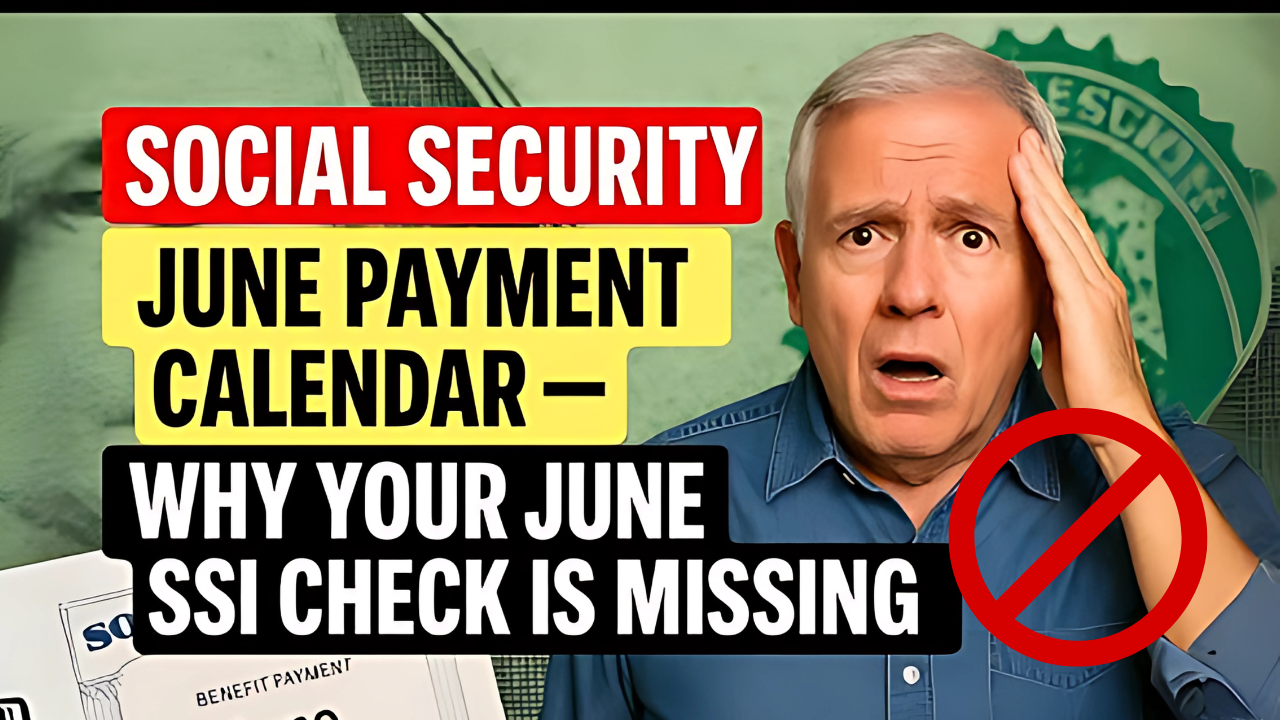The South African Social Security Agency (SASSA) has sent shockwaves through vulnerable communities by temporarily halting grant payments for over 210,000 beneficiaries. This dramatic move represents one of the most significant crackdowns on grant fraud in recent memory, with potentially life-altering consequences for thousands of families across the country.
Also Read:- SASSA June 2025 Payment Rejected? Check Full List of Affected Beneficiaries Now
The agency’s latest investigation, conducted in partnership with registered credit bureaus, has uncovered what officials describe as “inclusion errors” – a bureaucratic term that essentially means people are receiving grants while earning income they never declared. For many families who depend on these monthly payments for survival, the news has created anxiety and uncertainty about their financial future.
Understanding the Double-Dipping Problem
The term “double-dipping” might sound innocuous, but it represents a serious violation of South Africa’s Social Assistance Act. When someone applies for a social grant, they’re legally required to provide complete and honest information about all their income sources. This includes salaries, business income, rental income, and even money received from family members.
What makes this situation particularly complex is that many recipients may not fully understand the disclosure requirements. Some might have started earning small amounts after receiving their grants but never thought to report these changes to SASSA. Others might have forgotten about occasional income or assumed small amounts didn’t matter.
Also Read: –SASSA June 2025 Payment Delayed Check Your Eligibility
The reality is that SASSA’s detection capabilities have evolved significantly. Where once the agency relied primarily on self-reporting, they now have sophisticated systems that cross-reference data from credit bureaus, banks, and other government departments. This technological advancement has enabled them to identify discrepancies that might have gone unnoticed for years.
The Human Cost of Administrative Action
Behind every statistic lies a human story. Many of the affected 210,000 beneficiaries are elderly pensioners, single mothers struggling to feed their children, or people with disabilities who have limited earning capacity. The sudden halt in payments doesn’t just represent lost income – it threatens access to food, medication, and other basic necessities.
SASSA spokesperson Paseka Letsatsi emphasized that this action aims to protect the integrity of the social security system. “We need to ensure that grants reach those who genuinely need them,” he explained. However, the human impact cannot be ignored, particularly given that some beneficiaries might be flagged incorrectly due to data errors or outdated information.
What Affected Beneficiaries Must Do Now
The 30-Day Window
Time is of the essence for the 210,000 affected individuals. They have exactly 30 days from the notification date to present themselves at their nearest SASSA local office. This isn’t a suggestion – it’s a requirement that could determine whether they continue receiving grants or lose them permanently.
The review process involves several key steps:
Document Preparation: Beneficiaries should gather all relevant financial documents, including bank statements, payslips, proof of any business income, and details about assets or investments.
Complete Honesty: During the review, full disclosure is crucial. SASSA already has access to financial information through their partnerships, so attempting to hide income will only worsen the situation.
Understanding Thresholds: Each grant type has specific income thresholds. Some beneficiaries might discover they’re still eligible despite having undeclared income, while others might need to accept that improved circumstances have made them ineligible.
Required Documentation Checklist
| Document Type | Purpose | Notes |
|---|---|---|
| Smart ID Card | Identity verification | Green ID books have higher fraud risk |
| Bank statements (3 months) | Income verification | All accounts must be included |
| Payslips/Employment letters | Salary confirmation | Include all employment sources |
| Business registration | Self-employment proof | Required for informal businesses |
| Asset declarations | Wealth assessment | Property, vehicles, investments |
The Broader Anti-Fraud Initiative
This crackdown represents more than just a routine check – it’s part of a comprehensive anti-fraud strategy that SASSA has been developing over several years. The agency has implemented new conditions from the National Treasury, including monthly income checks using various government and private sector databases.
Technology-Driven Detection
The partnership with credit bureaus has revolutionized SASSA’s ability to detect undisclosed income. These systems can identify:
- Employment history and current salaries
- Loan applications and credit accounts
- Business registrations and financial activities
- Property ownership and rental income
- Investment accounts and returns
Zero-Tolerance Policy
SASSA has made it clear that fraud will not be tolerated, whether it involves beneficiaries or agency officials. Internal staff members found colluding with beneficiaries face immediate disciplinary action and potential criminal charges. This dual approach aims to address corruption at all levels of the system.
Grant Categories and Income Thresholds
| Grant Type | Monthly Amount (2025) | Income Threshold | Age Requirements |
|---|---|---|---|
| Older Person’s Grant | R2,190 (60-74 years) | R86,280 annually | 60+ years |
| R2,210 (75+ years) | R86,280 annually | 75+ years | |
| Child Support Grant | R530 per child | R52,800 annually | 0-18 years |
| Disability Grant | R2,190 | R86,280 annually | 18-59 years |
| Foster Child Grant | R1,180 | Based on household income | Court-appointed foster children |
| Care Dependency Grant | R2,190 | R86,280 annually | Children with severe disabilities |
Long-term Implications for the Social Security System
This initiative reflects broader challenges facing South Africa’s social security system. With over 19 million grant recipients and an annual budget of approximately R265 billion, ensuring that resources reach those who genuinely need them is crucial for the system’s sustainability.
The government faces a delicate balancing act between providing adequate support for vulnerable populations and maintaining fiscal responsibility. Every rand paid to someone who doesn’t qualify reduces resources available for legitimate beneficiaries.
Strengthening System Integrity
The current crackdown serves multiple purposes beyond immediate fraud detection:
Deterrent Effect: Publicizing these measures sends a clear message that fraudulent applications and non-disclosure will be detected and punished.
Data Cleaning: The process helps update SASSA’s databases with current information, improving future decision-making.
Public Confidence: Demonstrating commitment to fighting fraud helps maintain public support for the social security system.
Frequently Asked Questions
Q: What happens if I miss the 30-day deadline for my review?
Your grant will be suspended, and continued non-compliance could lead to permanent cancellation of benefits.
Q: Can I appeal if SASSA decides I’m no longer eligible?
Yes, SASSA has an appeals process, but you must first complete the required review at your local office.
Q: Will this affect my family members’ grants?
Each grant is assessed individually, so other family members’ benefits shouldn’t be automatically affected by your situation.
The current crisis represents a pivotal moment for South Africa’s social security system. While the immediate focus is on the 210,000 affected beneficiaries, the broader implications will shape how social grants are administered for years to come. For those caught in this process, the message is clear: transparency and honesty are not just legal requirements but essential for maintaining the safety net that millions of South Africans depend on for survival.
The next few weeks will be crucial as affected beneficiaries navigate the review process. Success depends not only on following SASSA’s requirements but also on the agency’s ability to handle this massive undertaking fairly and efficiently. The outcome will ultimately determine whether this initiative strengthens the social security system or creates additional hardship for those who can least afford it.


